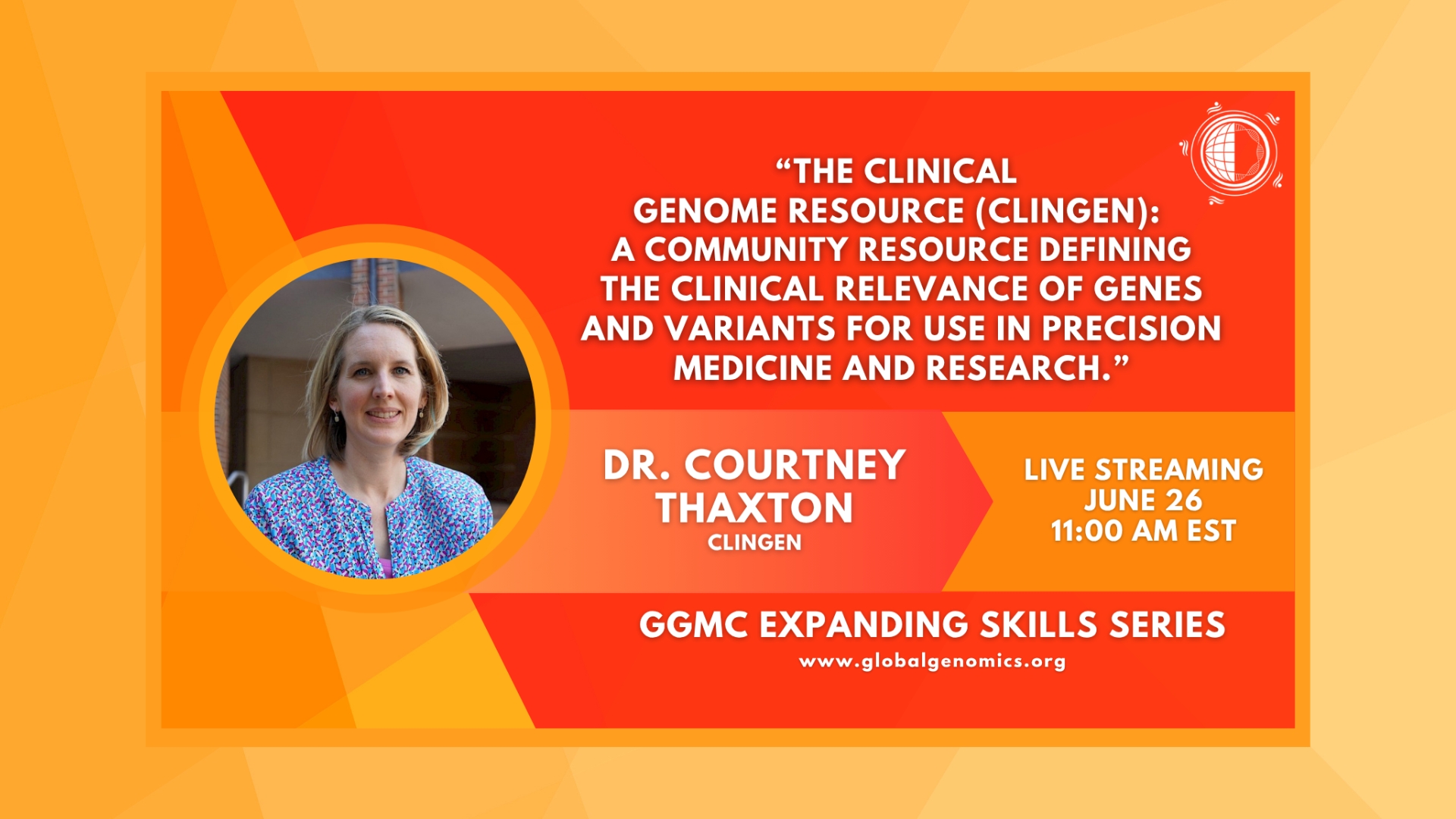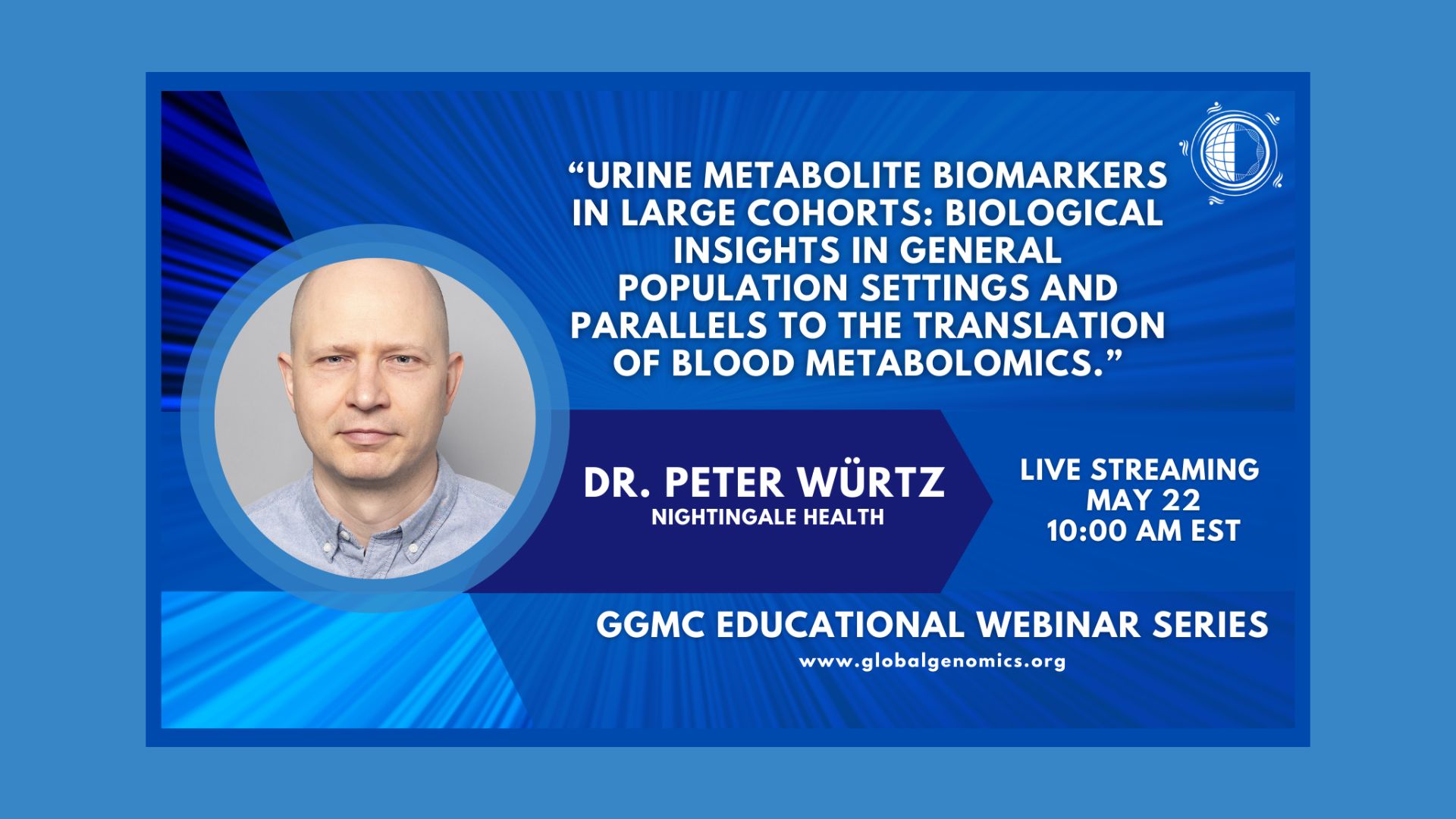Family medical history has proven indispensable in understanding rare diseases and informing clinical assessments for common conditions like coronary artery disease. Similarly, family history has been pivotal in elucidating genetic contributions to severe adverse drug reactions (ADRs). However, there remains a gap in integrating medication response phenotypes with family health history.
The G2MC Family Health History (FHH) Flagship Project group aims to bridge this gap by establishing a subgroup focused on integrating pharmacogenomics (PGx) with family health history.
Given the intricate interplay of pharmacokinetics and pharmacodynamics in pharmacogene-drug and drug-drug-gene interactions, ADRs can potentially be traced to shared genetic predispositions. Furthermore, medication responses may unveil disease sub-endotypes, aiding diagnostics in the absence of genetic results. An example is the familial response to sulfonylureas in young diabetics, which may point towards specific genetic causes of maturity-onset diabetes of the young (MODY).
In resource-limited settings without access to PGx testing, family history can be leveraged. For instance, inquiring about aminoglycoside-induced hearing loss in maternal relatives could mitigate the risk of administering aminoglycosides to individuals carrying the mt-RNR1 variant linked to ototoxicity. This approach could also optimize the allocation of limited PGx resources.
This FHH PGx subgroup seeks to explore the potential clinical benefits of integrating family health history and PGx in healthcare. The synergy between these domains could enhance predictive accuracy, personalize treatment plans, and ultimately improve patient outcomes.
Interested in getting involved with the Family Health History Flagship Project and its activities?
Join us and share your experiences, insights, and ideas as we work together to improve healthcare through the effective use of family health history information. Fill out the Join Us/Get Involved Form and we’ll get in touch!






